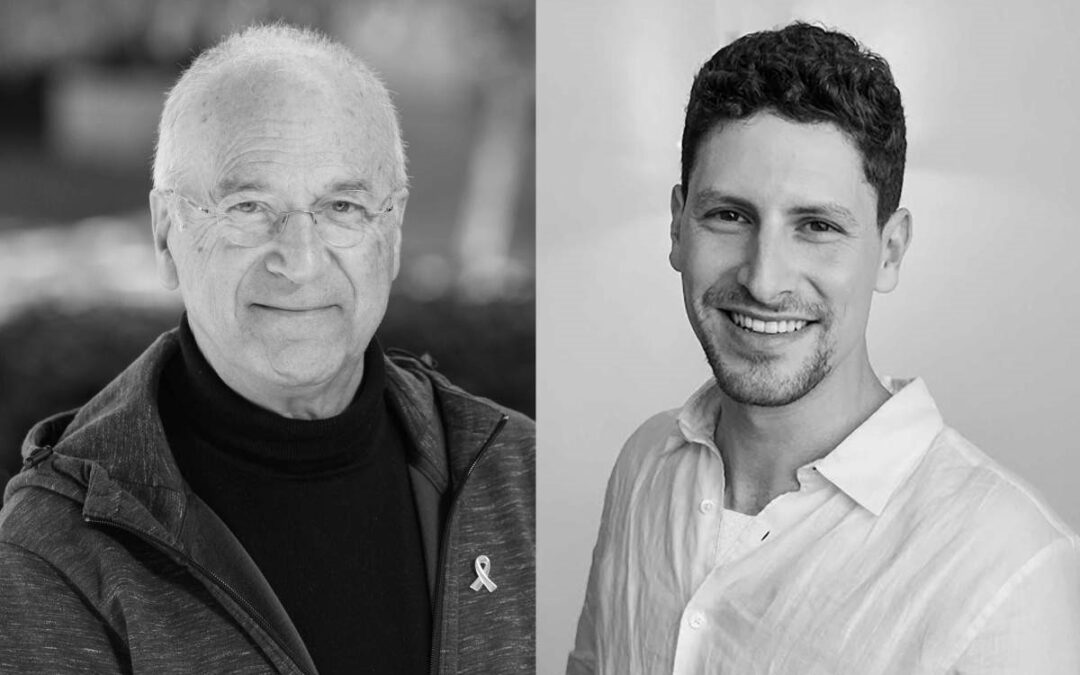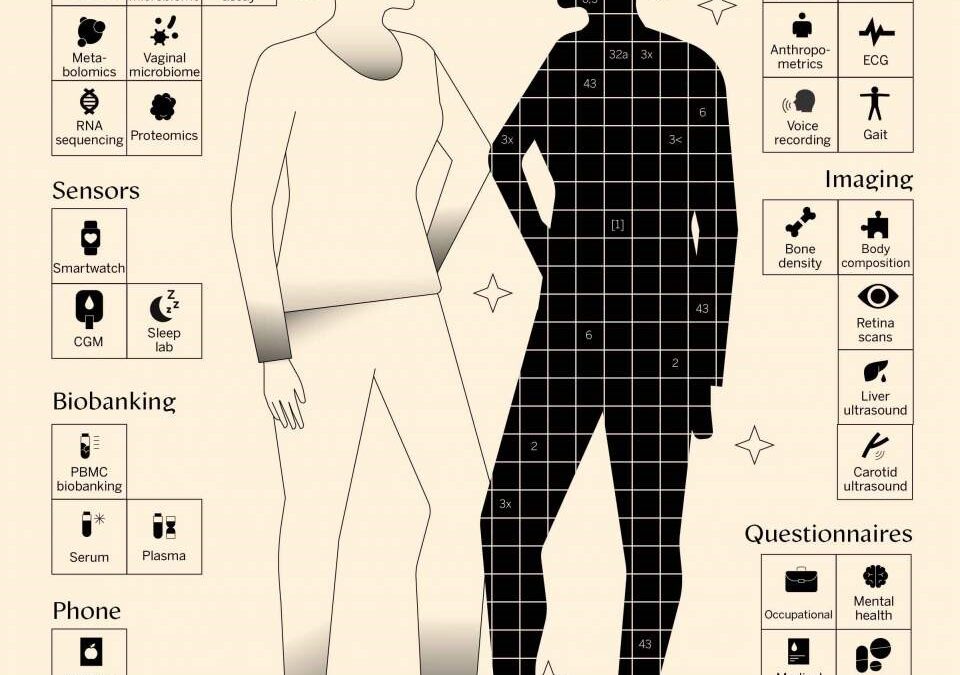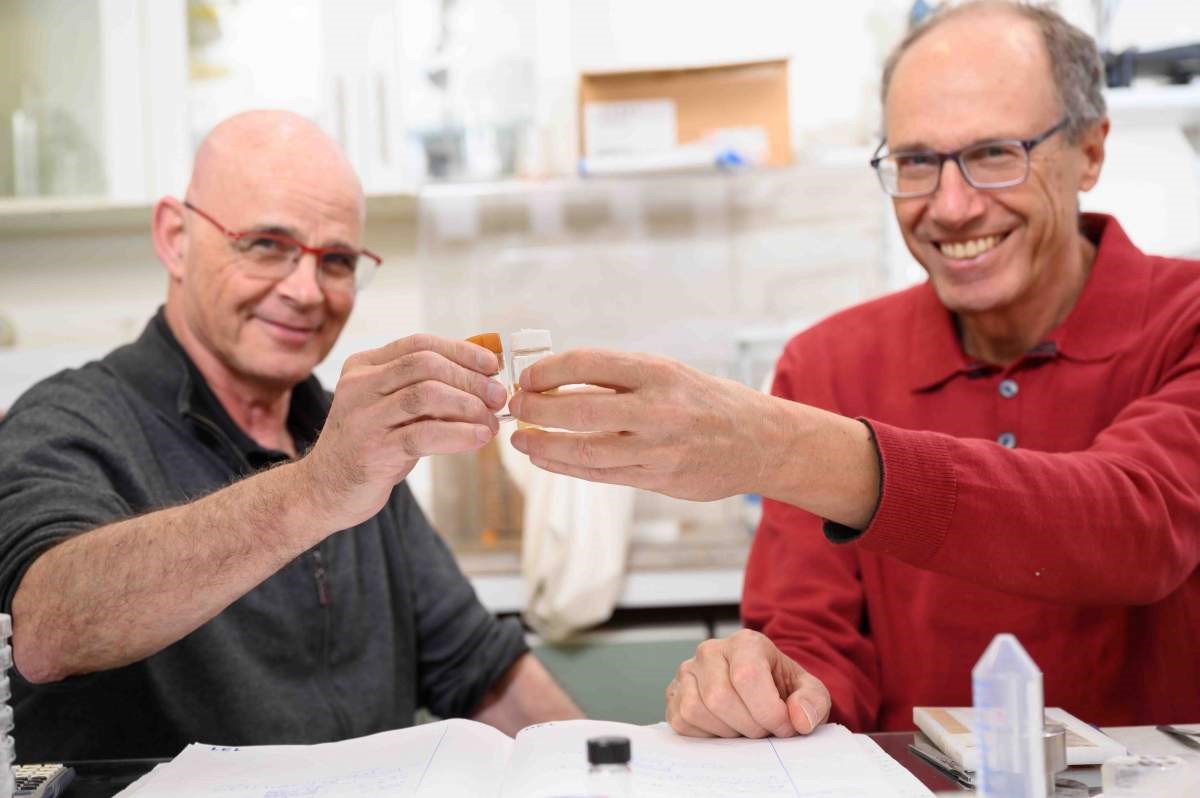Advancing Technology
Weizmann’s research into advanced technology is immense and acts as a timeline for technology’s evolution.
It all began in 1954 when researchers at the Weizmann Institute of Science built Israel’s first computer – which was also one of the first in the world. Later in the 1970s the algorithm that allows our online transactions to be secure, was co-developed by a Weizmann cryptographer. More recently an Institute scientist created a DNA-based biological computer that can fit into a drop of water.
Apart from these important achievements, Weizmann scientists also developed the technology behind light-sensitive spectacles and windscreens; are using quantum electronics to develop our next generation computers; creating artificial vision and image-recognition systems; and finding ways to use technology to increase our security, such safety-checking complex systems in nuclear reactors and spacecraft.
Facts
In 1954 Weizmann built Israel’s first computer and one of the world’s first
Designed the world’s smallest computer made of DNA – 1 trillion can fit into a drop of water
Winners of the version of the Nobel Prize for computer science – the AM Turing Award
Weizmann scientists have created a formula to predict how cracks will advance in specific materials.
AI Artificial Intelligence short IB 2021
Watch me
WIS Talks- Prof. Yaron Lipman
Watch me












